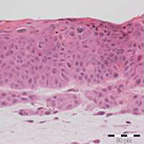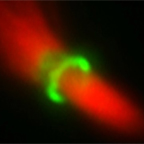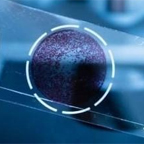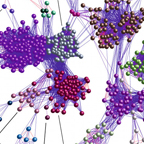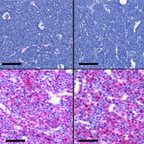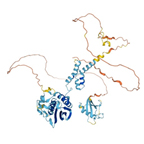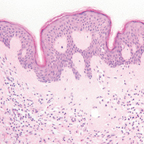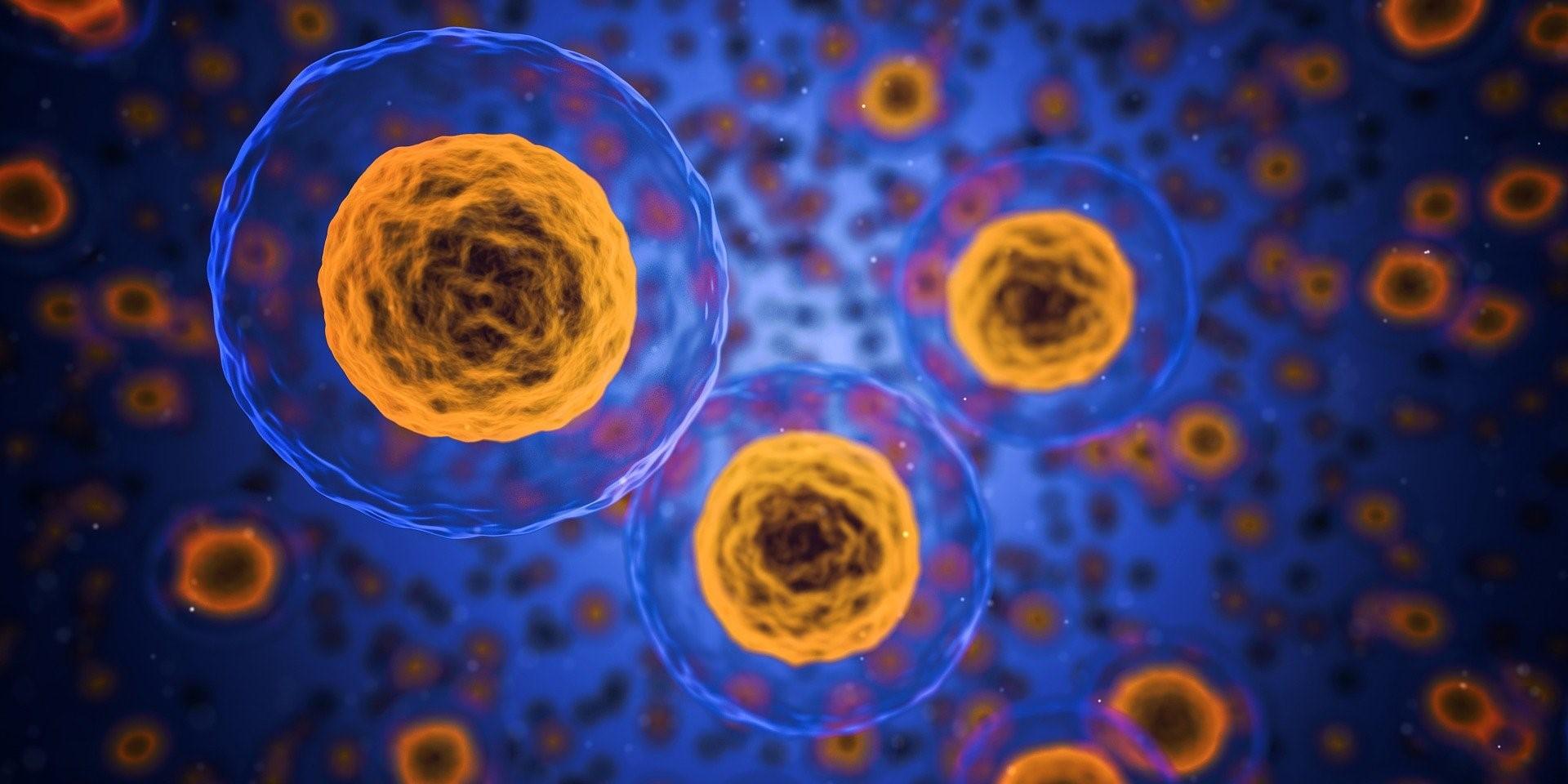
Our Research
The Cellular and Molecular Pathology (CMP) Division is housed over two sites, the laboratory block at Addenbrooke’s hospital and the main Department of Pathology building in central Cambridge. We combine research, teaching and diagnostic histopathology and provide important links between the School of Biological Sciences and the School of Clinical Medicine.
We combine the work of clinical and non-clinical scientists, studying the cellular and molecular mechanisms underlying human disease and applying advances in this area to improve medical practice, including clinical trials of new diagnostic tools. Members of the division have expertise in cell and molecular biology, biochemistry, imaging, histopathology, next generation sequencing, and computational biology. We interact widely with colleagues in the Cambridge Cancer Centre and the broader Biomedical Research Centre.
Our aim is to understand how the morphology and function of organs, tissues, and cells are altered in human diseases and how these changes contribute to the onset and progression of the disease. Our research spans a wide range of topics including cell cycle, apoptosis, cell injury, tissue regeneration, cell signalling, stem cells, angiogenesis, carcinogenesis, genomics, chromosomal abnormalities, genomic instability, epigenetics, RNA and non-coding DNA biology. Much of our work focusses on specific human diseases, particularly neoplasia (including lymphomas, squamous cell carcinomas and germ cell tumours) and neurodegenerative diseases.
Division Head: Professor Nick Coleman
Our Research Groups
Boemo GroupOur research lies at the interface of biology, mathematics, and computer science |
Coleman GroupAiming to translate basic scientific advances into the improved clinical management of cancer. |
D'Avino GroupStuding the mechanisms and signalling pathways that govern cell division in eukaryotic cells and their de-regulation in cancer cells. |
Du GroupAiming to characterise the genetics and molecular mechanisms of B and T-cell lymphomas.
|
Enright GroupAiming to detect, predict and describe the functions of genes, proteins and regulatory non-coding RNAs, their interactions in living organisms and their implications for disease. |
Dr Liz HookPaediatric Tumours and Lymphoma
|
Laman GroupStudying cell signalling to understand diseases like Parkinson’s disease, cancer, and male sterility. |
Murray GroupWorking on the clinical and molecular aspects of solid tumours of childhood, particularly germ cell tumours (GCTs). |
Soilleux GroupUse of T-cells as a diagnostic tool in benign and malignant disease; digital image analysis; Assessment of the efficiency of diagnostic tools through large cohorts.
|
Turner GroupInvestigating the pathogenesis and aetiology of paediatric cancers towards the development of biomarkers to facilitate kinder, less toxic and novel therapeutic approaches. |



